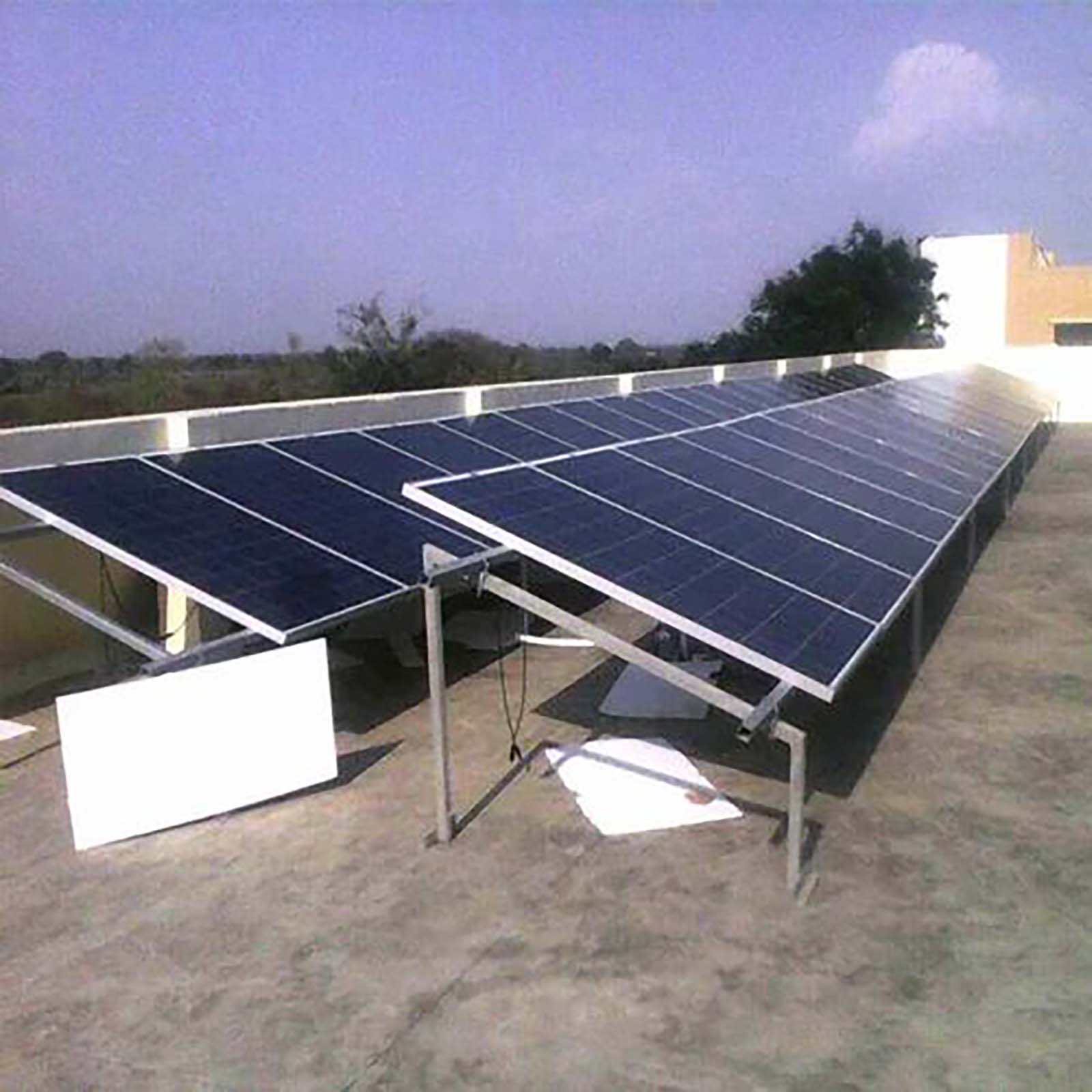The Best Type of Battery for Solar Storage

When it comes to storing solar energy, choosing the right type of battery is crucial. As solar power systems become more popular, the demand for efficient and reliable storage solutions is also increasing. In this article, we will explore the best types of batteries for solar storage and their key features.
Lithium-Ion Batteries
Lithium-ion batteries have become go-to choice for solar storage due to their high energy density, long lifespan, and fast charging capabilities. These batteries are lightweight, compact, and have a high depth of discharge, making them ideal for storing solar energy. They also require minimal maintenance and have a low self-discharge rate, making them a cost-effective option in the long run.
Lead-Acid Batteries
Lead-acid batteries have been used for solar storage for many years and continue to be a popular choice for off-grid solar systems. While they have a lower energy density and shorter lifespan compared to lithium-ion batteries, lead-acid batteries are more affordable and readily available. They are also reliable and can withstand deep discharges, making them suitable for use in remote locations or areas with limited access to grid power.

Sodium-Ion Batteries
Sodium-ion batteries are a newer type of battery that is gaining attention for solar storage applications. These batteries offer a lower cost alternative to lithium-ion batteries and have a similar energy density and lifespan. Sodium-ion batteries are also safer and more environmentally friendly, making them a promising option for residential and commercial solar storage systems.
Key Considerations for Choosing a Battery for Solar Storage
1. Energy Density: Consider the amount of energy a battery can store relative to its weight and size.
2. Lifespan: Look for batteries with a long cycle life to minimize the need for frequent replacements.
3. Depth of Discharge: Choose a battery that can safely discharge a high percentage of its capacity without damaging the cells.
4. Charging Efficiency: Consider how quickly the battery can be charged to maximize the use of solar energy.
Conclusion
In conclusion, the best type of battery for solar storage ultimately depends on the specific requirements of the solar power system and the budget constraints. While lithium-ion batteries offer high performance and reliability, lead-acid and sodium-ion batteries also have their own advantages and may be more suitable for certain applications. It is important to carefully evaluate the key features and considerations when choosing a battery for solar storage to ensure optimal performance and long-term cost savings.



